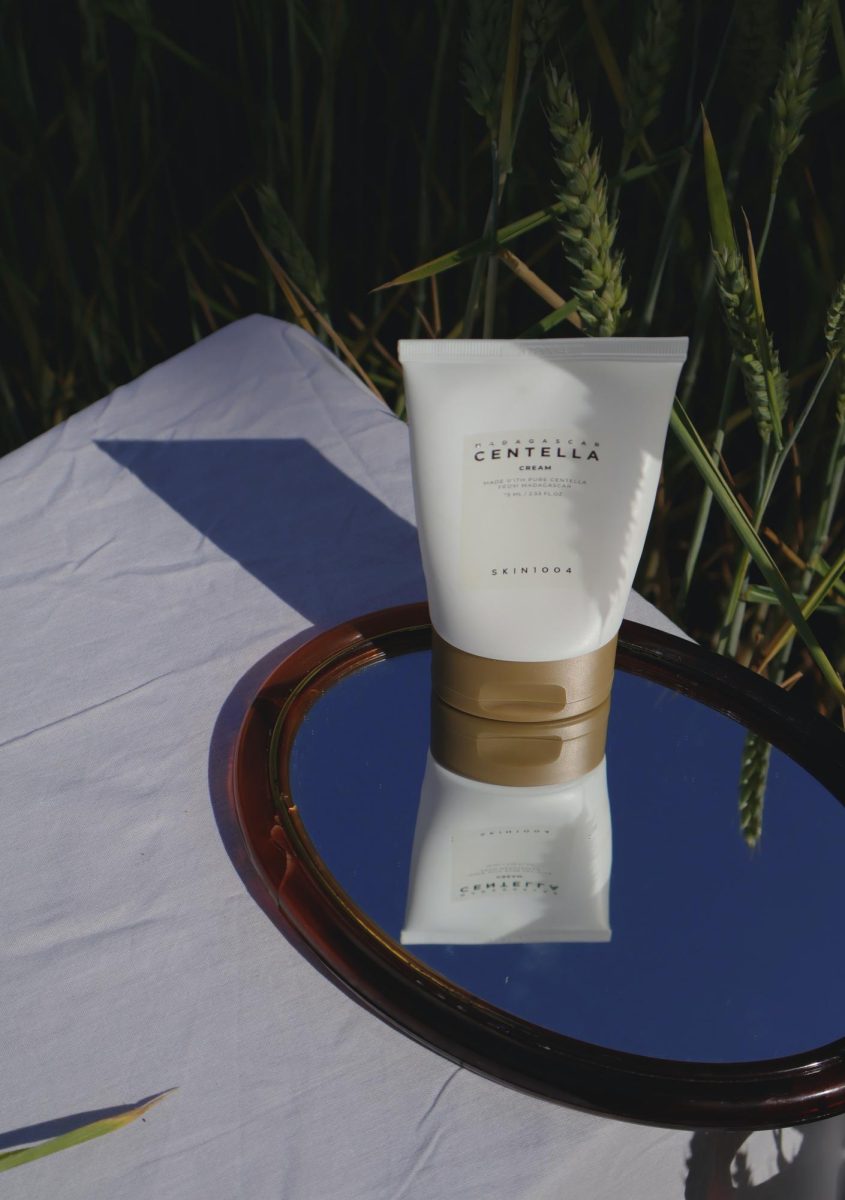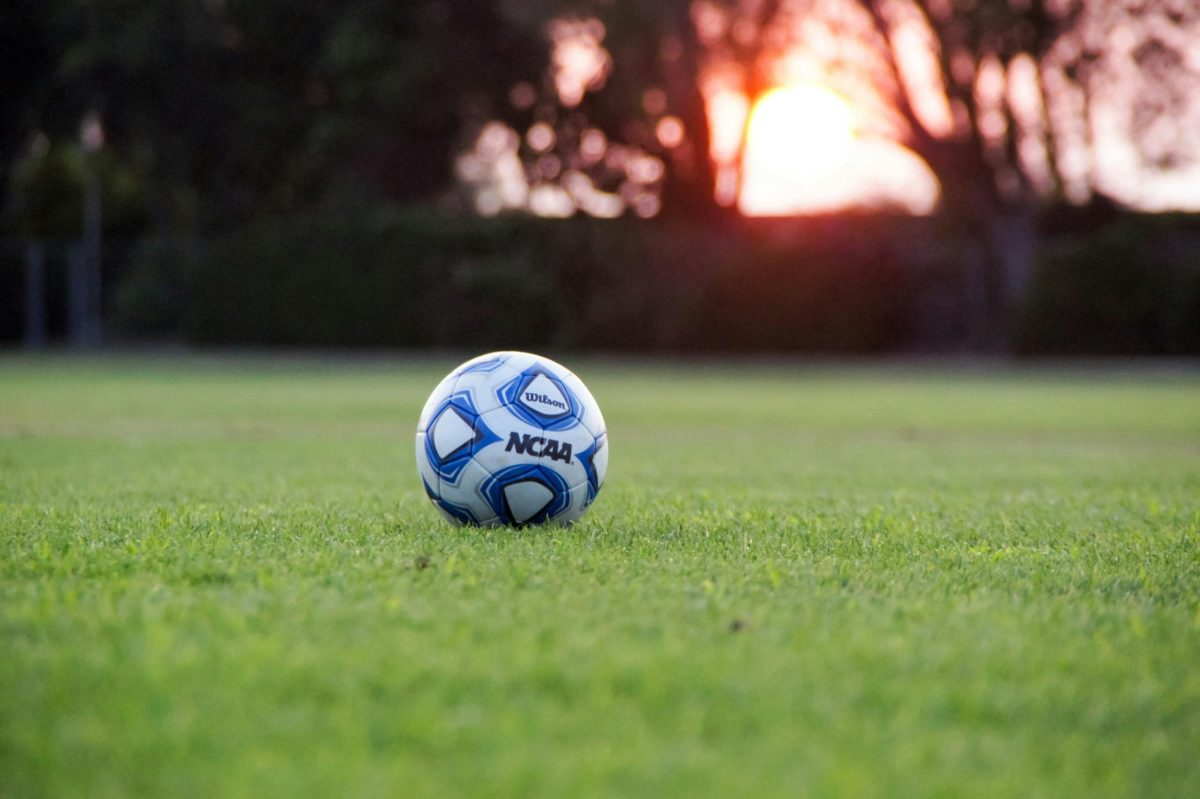Before delving into the second and (perhaps) final part of this beginner’s guide to skincare, I thought I should discuss the importance of SPF, which stands for Sun Protection Factor. Sunscreen is a vital component in enjoying many outdoor activities, such as hiking or spending one’s day at a lake or beach. Though applying sunscreen is deemed a necessary part of getting to enjoy these activities, it doesn’t mean that SPF application should stay confined to purely these occasions. If you were to ask any dermatologist, aesthetician, or esthetician, I can guarantee that they would say that sunscreen needs to be applied, and even reapplied, every day, all day, with no exceptions to one’s face and neck. Yet, not everyone in the general public actually does this, with many learning the significance of consistent sunscreen use the hard way.
To test just how many of my peers may or may not be keen on this rule, I ran a poll to see how many of them wear sunscreen, and how often. Out of a total of 82 votes, 71% voted yes, while 29% voted no. When asked if they applied SPF daily, 34% voted yes, 46% voted no, and 20% said almost every day.
While SPF is the last step in one’s morning skincare routine, it is also, undoubtedly, the most crucial. It does so much more for your skin than just leaving a glass skin-like glow. It assists in preventing dark spots from taking hold on your skin such as acne scars or dark circles, diminishes the possibility of wrinkles forming at a young age, is moisturizing, and protects against UV ray exposure. In turn, this decreases the risk one has of gaining sunburn or developing skin cancer. Of course, to find the SPF block that is perfect for you, you will have to do some personal research. However, to provide you with a good place to start I have compiled a few sunscreen recommendations! Before going into these particular sunscreens, please note that these products may or may not be a good fit for you depending on your skin’s needs. So, with that out of the way, let’s begin! 🙂
- SKIN1004 Madagascar Centella Hyalu-Cica Water-Fit Sun Serum (SPF 50 PA++++)
This Korean chemical sunscreen is a best seller that is currently ranked at #10 in Facial Sunscreens on Amazon. This sunscreen is suitable for all skin types, though particularly sensitive and dry skin types as it contains hyaluronic acid. What is so nice about this sunscreen is that it contains Centella Asiatica, a perennial herb praised for repairing skin by strengthening one’s skin barrier, propelling collagen production, and hydrating, as well as soothing skin. This makes this product vegan, with no fragrances. It has a very lightweight texture with a dewy finish and absorbs fast, which is a bonus. In my experience, this product has had no white cast. It also contains four UV filters and is well affordable. Personally, this SPF has been a holy grail for me through how much it has nourished and helped my skin!
- SKIN1004 Madagascar Centella Air-Fit Suncream (SPF 30 PA++++)
This is the second sunscreen in the SKIN1004 line, except this SPF is a mineral sunscreen and catered more towards oily or acne-prone sensitive skin types. While I have not tried this sunscreen for myself, I have seen many positive reviews from those with oily and acne-prone skin on this product! While this sun cream has a thicker consistency than the sun serum, it still has a lightweight, creamy texture. This SPF also contains Centella Asiatica, but also niacinamide, and leaves a matte finish. It leaves minimal to no white cast and is perfect for soothing the skin while regulating excess sebum. I would suggest trying this product if your skin type is oily and if hydration is not a major concern for your skin.
- Round Lab Birch Juice Sunscreen (SPF 50+ PA++++)
Lastly is another great and popular Korean brand I would suggest looking into for sunscreen! This chemical sunscreen is made of birch juice, which has 74 naturally derived minerals known to nourish the skin. It also contains niacinamide and adenosine which have anti-aging properties. This sunscreen is directed towards sensitive or oily skin types and is very hydrating.
I have personally tried this SPF, and it is very effective with no white cast, and is also very light-weight! This is the number one best-selling sunscreen in Korea, and in my experience, the perfect alternative to the Skin1004 Hyalu-Cica sunscreen. However, do not try this product if you are allergic to birch juice!
Chemical v. Mineral Sunscreens and SPF Levels
You may have noticed that the sunscreens stated above fall either under the category of being a “chemical” or “mineral” type of SPF. The difference between chemical and mineral (physical) sunscreens is a pretty influential factor when looking to purchase an SPF due to the fact that they combat UV rays in different ways. Piedmont dermatologist and Mohs surgeon David Harvey, M.D. defines this distinction by clarifying how a chemical sunscreen “absorbs into the skin and… absorbs UV rays, converts the rays into heat, and releases them from the body”, while a physical sunscreen “sits on top of the skin and reflects the sun’s rays.”
Another thing to acknowledge before deciding what type of sunscreen you want is the SPF number. SPF numbers on a sunblock product indicate the scale of protection it has against UV rays.
In their online article “SPF 101: What it Means, How to Use It, and Choosing the Right Formula”, Kristin Howard and Holly Rhue explain, “SPF measuring between 30 and 49 offers high protection, and anything over SPF 50 is considered to be [very efficient protection.]”
There are many other factors vital to the topic of sunscreen, but while you have read a lot on the essential points of these already, I will spare you by addressing just two more! The first, which is short and sweet, is that lip SPF is important too. SPF levels can be found in many lip balms, and wearing these is never a bad idea for protecting the collagen production in your lips (and so they don’t shrink with age, although age is inevitable– to some extent).
Secondly, liquid sunscreen is not enough. It is suggested to reapply your sunscreen after two to four hours, but this amount of application can seem excessive and, if we are being honest with ourselves, is not very realistic due to a multitude of reasons. This is where sunscreen sticks come in! Sunscreen sticks are very practical for thorough but quick reapplication throughout the day and come without the risk of ruining or smearing one’s makeup. Sunscreen sticks are an alternative to liquid sunscreens, but liquid sunscreens are more deeply protective, which makes sunscreen sticks more appealing for merely reapplication. Luckily, both the brands discussed earlier, Skin1004 and Round Lab, have sunscreen stick versions of their best-selling SPFs, if either one works for you.
When I brought up the topic of SPF and its importance to my mom, I thought she made a very fair point. She made the comparison of the consistent application of sunscreen to that of wearing a seatbelt in the car. This really resonated with me because, much like the intent behind wearing a seatbelt, sunscreen is vital for securing one’s overall health and bettering one’s longevity. While the application of both these items is an extra step, they are also equally necessary and important. For these reasons, and considering how we live in the unforgiving climate of a desert, I highly recommend that you add SPF to your daily routine if you have not already.






